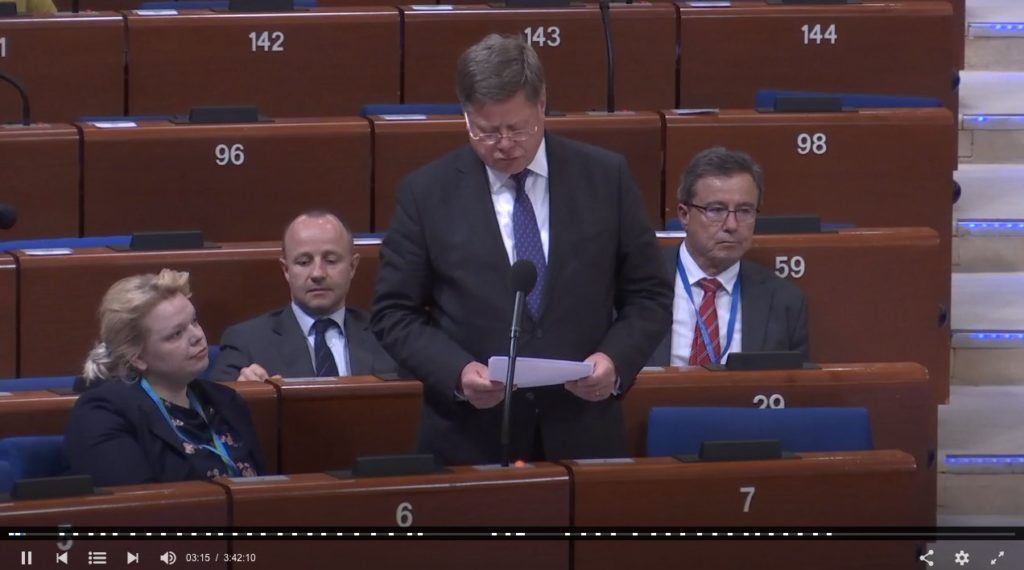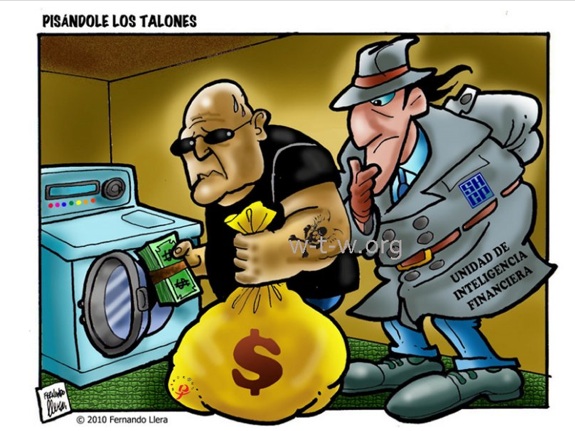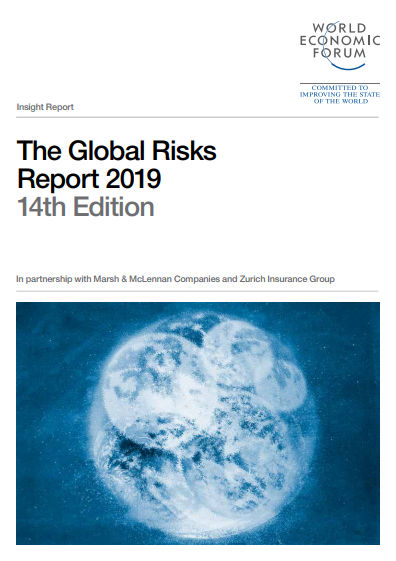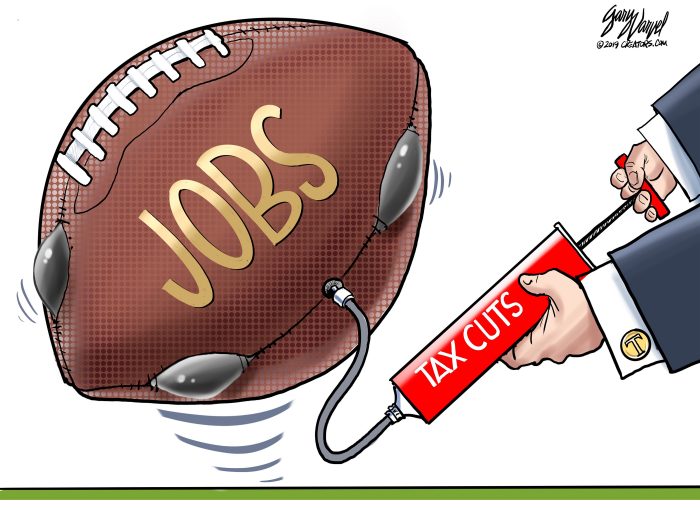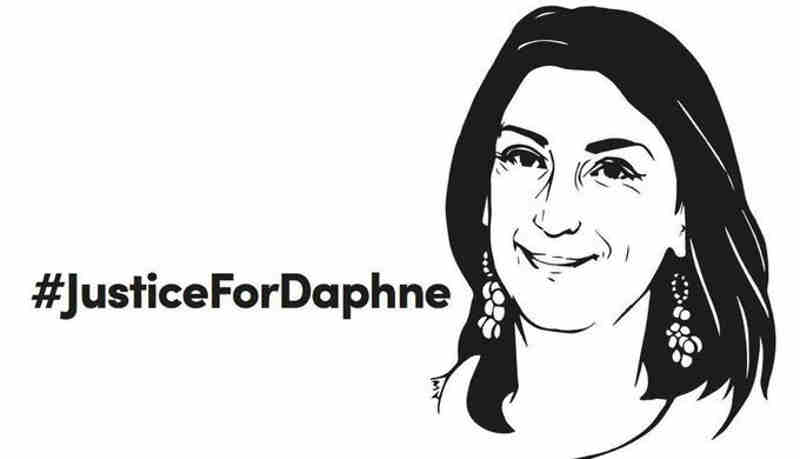What is a free port? Plans have been mooted for tax-free zones to offset post-Brexit tariffs. But are they needed? And do they actually work?
Lux goods: inside Luxembourg’s warehouse for the super-rich.
The medieval Cinque Ports of southern England and the northern European Hanseatic League benefited from special privileges, while bonded warehouses in the 19th century handed out tax breaks on alcohol and tobacco.
Ireland created the Shannon free zone in 1959 to encourage activity at its struggling airport.
Britain operated several free ports as recently as 2012, when the government stopped renewing their licences. Created in the 1980s, they included Birmingham, Belfast, Cardiff, Liverpool, Prestwick and Southampton. A free port remains in operation on the Isle of Man – a crown dependency and therefore not part of the EU or UK.
Does the UK need to leave the EU to establish free ports?Within the EU, there are currently 82 free ports or zones in 21 EU member states, including historic free ports such as Copenhagen and Bremen, raising questions over whether the UK would need to leave the EU to make more use of them.The UK has in recent years created 61 enterprise zones – which differ from free zones but still benefit from tax breaks – including the Ceramic Valley in Stoke-on-Trent and the Dorset innovation park.Obstacles could arise, however, if the government created free zones with particularly aggressive benefits equivalent to tax havens, which could be contested under EU law.
Other nations could still object at the World Trade Organisation, while aggressive tax policies and state support could hinder a post-Brexit trade deal with the EU.Would free zones benefit the UK?…TheGuardian
Inside the Luxembourg free port storing riches for the super-wealthy. Depending on who you speak to, Le Freeport is a high-security storage facility or a money-laundering risk…Theguardian
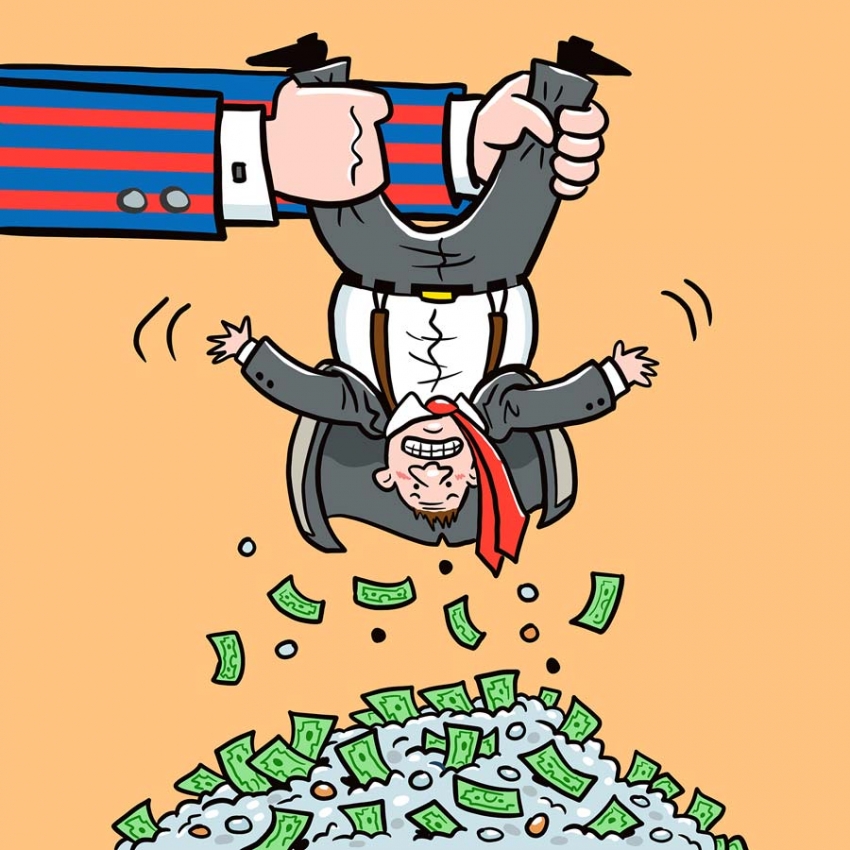
(Illustration by Terry LaBan)





